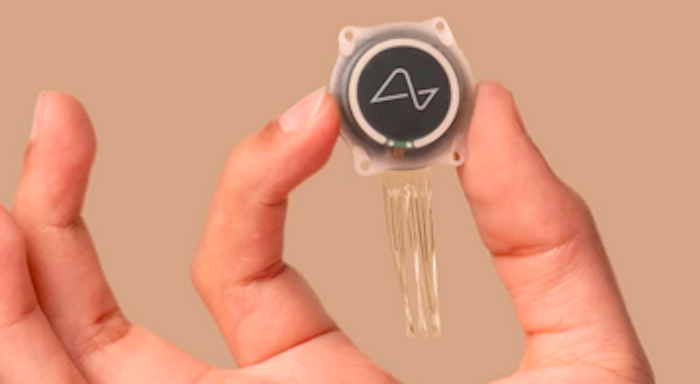Elon Musk‘s brain chip implant company, Neuralink, has received approval from the FDA to conduct its ‘first-in-human’ clinical trial, the company announced on Twitter on Friday May 26th. The goal of the new technology is, according to its developers, to eradicate problems such as autism, depression and schizophrenia, as well as helping people with amputated limbs or spinal injuries to control prostheses or computers with their thoughts and volition. The FDA subsequently said it acknowledged Neuralink’s announcement.
Neuralink has designed a penny-sized brain chip that is implanted in the back of the brain. The chip could offer disabled patients the possibility to move and communicate, or regain vision “even people who have never been able to see before,” Musk explained a few years ago at the product’s presentation. According to the company, the chips are meant to interpret signals produced in the brain and transfer those signals as data to devices via Bluetooth.
This is the result of incredible work by the Neuralink team in close collaboration with the FDA.
Neuralink
So far the chips have been tested only in primates, with promising results since their launch in 2016. If the FDA had not authorized human testing until now, it was because of the risk of overheating the system with the possible leakage of chemical elements. There was also the challenge of removing the wires from the implant once inserted into the brain.
A 2022 report by the Physicians Committee for Responsible Medicine in the US accused Musk’s company of subjecting its test animals to “extreme suffering.” According to the organization, 15 of the 23 monkeys in the tests either died or had to be sacrificed during the testing of the implants. Elon Musk’s confidence in his product is however at an all-time high. He has even stated that he would be willing to implant it in his children.
Recently, a team of Swiss and French researchers succeeded in getting a paraplegic patient to walk again with a brain implant. According to BBC, a paralyzed man from the Netherlands was able to walk when he thought about it. This was possible thanks to a system of implants that transmitted his thoughts and volition to his legs and feet via a wireless connection.













